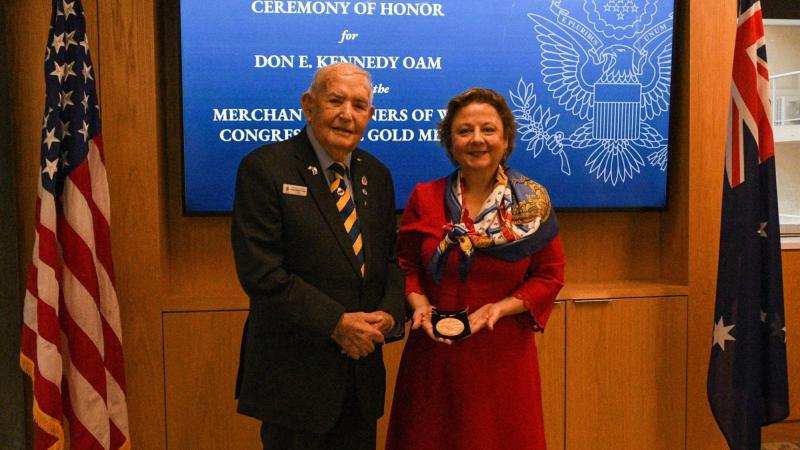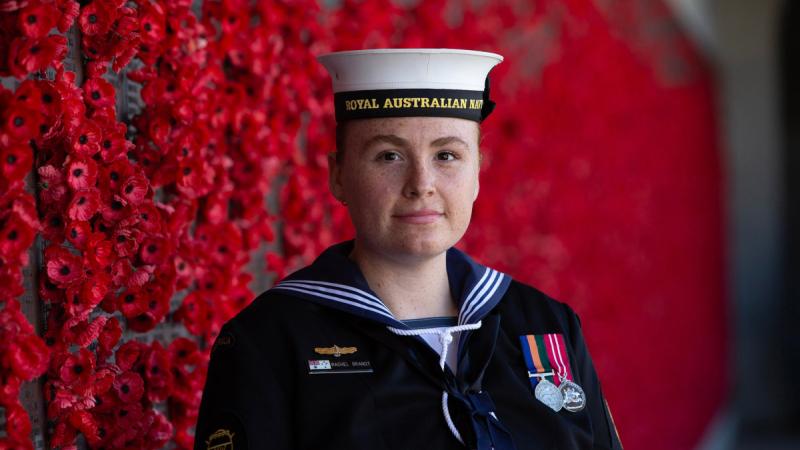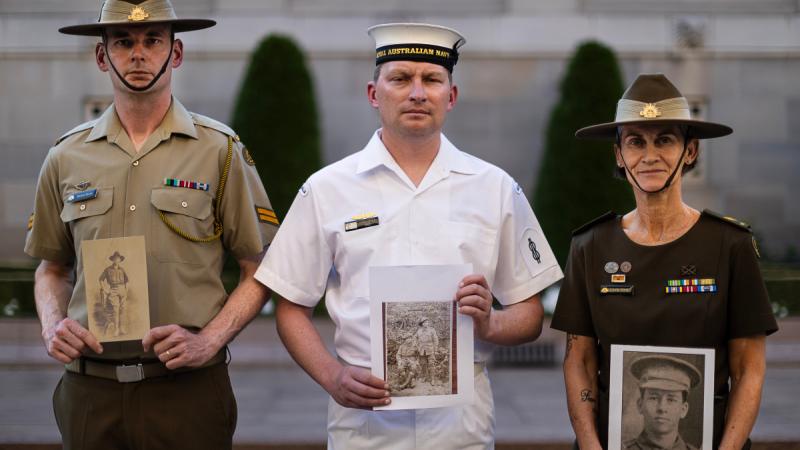Transcript: AMA Vice President, Dr Chris Moy, ABC Radio Sydney, Afternoons with James Valentine, Wednesday, 20 January 2021

Subject: Medicine shortages
JAMES VALENTINE: It’s not bad enough that we’ve got a pandemic that we’re trying to roll out a vaccine for, the pandemic itself has meant that there is a continuing shortage of particular medications. The healthcare supply chains around the world have been completely ruined. And so many people with chronic conditions who need these things – and by need, it’s life threatening, it’s lifesaving that they have these medications – are struggling, having a lot of difficulty finding their medications.
Dr Chris Moy joins us. He’s Vice President of the Australian Medical Association, that’s involved in trying to fix this problem. Chris Moy, good afternoon.
CHRIS MOY: G’day.
JAMES VALENTINE: So what’s the problem?
CHRIS MOY: Oh, look, the problem is that essentially Australia’s been very reliant on a free market, being able to have freely, easily, cheaply available medications, you know, that we could just pluck off and get at a good price. Unfortunately, COVID has really damaged those supply chains. And also it meant that certain medications became quite critical during the COVID pandemic, such as anaesthetic medications, which has really stress-tested our system and exposed vulnerabilities that we’ve had. We’ve done not too badly, but there still have been medications which have either caused shortages, causing inconvenience right up to potentially life-concerning or life-threatening situations for some people.
JAMES VALENTINE: And were pharmaceutical supply chains, particularly vulnerable? I mean, like food importing seems to still be happening and that sort of thing.
CHRIS MOY: Australia hasn’t proven itself to be very good at making things, and we got exposed with things like masks as well. We just thought we’d forever be able to just get this whenever we needed, these medications in a continuous supply. And that hasn’t proven to be the case. It has been a real stress test, that point in time. And we really do need to look – and the Government is looking at this – looking at strategies to better monitor and have better intelligence where there is supply problems building up, but also really looking at potential, making sure that we’ve got enough stuff when we need it, and also maybe looking at potential to manufacture things in the future if we really get caught out like this again, because we may not be in as fortunate a position where we’ve handled the pandemic so well that we keep things under relative control.
JAMES VALENTINE: Right. So, the main problem was we’d become complacent and it just didn’t occur to us that there would ever be a problem?
CHRIS MOY: We just assumed that this would always be the case. And the risk is that the world changes, and it’s changed very quickly in the last year or so and it’s exposed that you can’t assume. And we really do need to plan for a rainy day, which is unfortunately what has happened in the last 12 months.
JAMES VALENTINE: Yeah. And any particular areas that are very vulnerable at the moment, any particular conditions?
CHRIS MOY: It has fluctuated over time. At the moment, there’s things like hormone replacement therapy patches for women. That’s causing inconvenience because we’ve had to replace with ones which are not so good. There’s been these medications, which have also been because there’s been a problem with one of them for reflux, heartburn, but also used in allergy, and that’s quite critical for some people. And also early on, there was the elective surgery pause, partly to build up supplies of some of the anaesthetic medications which are used in surgery but which also might have been required had we had to ventilate a lot of people. So, those things have fluctuated over time.
We’ve done alright but had things been worse, we could have been in a lot more trouble.
JAMES VALENTINE: Yeah, yeah. A few text correspondents, one saying: I went to a few chemists to find my regular generic antidepressant as demand had been draining supplies; many chemists are waiting for weeks and weeks for stock. So, it’s things that’s in common use like that.
CHRIS MOY: Yeah, absolutely. And doctors have had to find workarounds. Sometimes either replace doses but even replace medications completely, and sometimes they haven’t been as good as the original one that people are on. So, it’s been sometimes unsatisfactory, but certainly very inconvenient, and sometimes very stress-provoking for a lot of people, anxiety provoking for a lot of people.
JAMES VALENTINE: So, is it largely time that’s going to fix this? What are we putting in place to try and deal with it?
CHRIS MOY: It’s time to some degree, hopefully things will get better. But we do need to actually look at ourselves, where we fit in the bigger world and plan. And there’s work going ahead. And the AMA will definitely be strongly encouraging that so that we’re better prepared and ready for that rainy day in the future, which could even be worse. I don’t want to become pessimistic, but this was a pandemic, but it could have been worse potentially.
JAMES VALENTINE: Right. As in- well, it doesn’t really matter what the cause is, there’s other ways this could be disrupted…
CHRIS MOY: [Talks over] That’s right.
JAMES VALENTINE: … and we haven’t got anything in place for it. So, it’s not just, like, so we could be looking at what? A combination of stockpiles, of production here, that sort of thing?
CHRIS MOY: I think everything should be on the table. And we’ve just got to get the right relative risk. I mean, obviously stockpiling and also production ability is going to cost money. We have to work out where that risk is. But I think the world has also shown that, you know, you just can’t totally rely on everybody else, and to have this unending permanent supply and disruptions can occur.
JAMES VALENTINE: Did we used to make pharmaceuticals here?
CHRIS MOY: In the past we have, but it’s certainly a lot cheaper to generally make a lot of medications overseas. We do need to just focus- particularly for the serious ones, whether the balance of risk is better for us to be looking at that. And we may need governments to be looking at that over time.
JAMES VALENTINE: Yeah, and governments are responding? Are you getting- are you hearing what you want to hear from Federal and State?
CHRIS MOY: Well, to some degree, we’re in the middle of this at the moment and there’s a lot of work to even do the mapping at the moment. So, I don’t think at the moment we can make hard decisions about that. But we are doing a lot of mapping and a lot of work’s being done to try to patch things up.
JAMES VALENTINE: Alright. Well, all the best with it.
CHRIS MOY: Pleasure.
JAMES VALENTINE: Thank you so much for joining us this afternoon. That’s Dr Chris Moy, Vice President of the Australian Medical Association.







